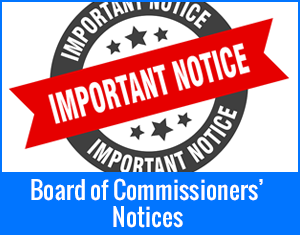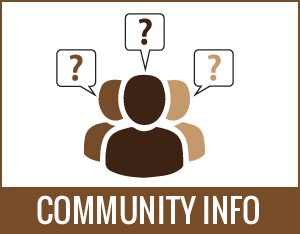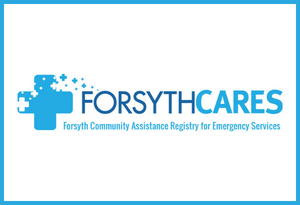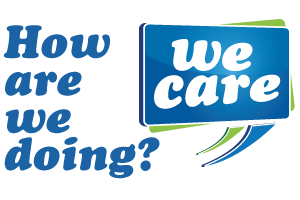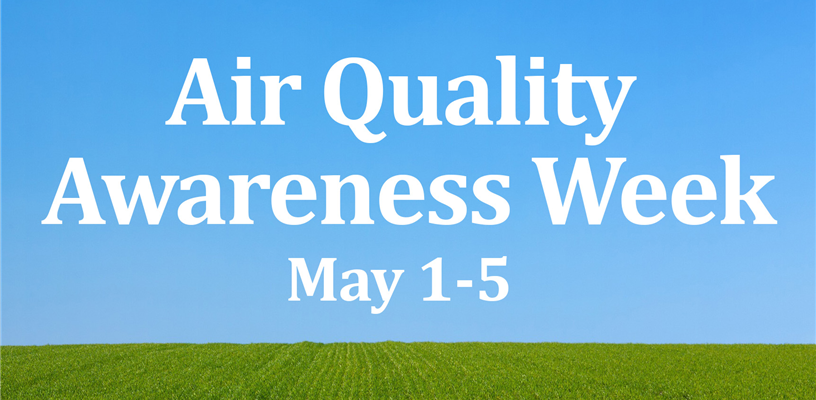
- By Sarah Coffey
- Posted Monday, May 1, 2023
Working Together for Clean Air in the Triad
The US Environmental Protection Agency (EPA) has designated May 1-5 as Air Quality Awareness Week (AQAW) with the theme of “Working Together for Clean Air.” Each day will highlight a different clean air issue, such as wildfires and smoke, asthma, transportation, and climate. For more information on AQAW and free educational resources and events, visit www.airnow.gov/aqaw.
It’s great to have an entire week dedicated to air quality education and action; however, building on this knowledge and taking steps to reduce air pollution should be year-round pursuits. In North Carolina, asthma and other respiratory problems are a major reason why students miss school and adults miss work. Air pollution can affect everyone’s health, and it is especially problematic for people in “sensitive groups,” including children, older adults, those with asthma or other respiratory diseases, and people who are active outdoors. Moreover, pollutants like ground-level ozone damage crops and forests and degrade visibility, all of which have economic repercussions. So, we are left with the question, how can we work together for cleaner air in the Triad?
Knowing your local air quality, measured by the Air Quality Index (AQI), is a good first step. The Forsyth County Office of Environmental Assistance and Protection (EAP) monitors ambient air quality across Forsyth County and provides air quality forecasts for the Triad region including Forsyth, Guilford, Alamance, Davidson, Randolph, Rockingham, Caswell, Davie, and Stokes counties.
“We monitor concentrations of ‘criteria’ air pollutants including ozone, particulate matter (PM), sulfur dioxide, and nitrogen oxides,” explains EAP Analysis & Monitoring Program Manager Jason Bodenhamer. “By knowing the AQI and informing family, friends, and co-workers when concentrations are higher, we can better protect ourselves.”
To sign up for local air quality forecasts and alerts, go to www.enviroflash.info.
Participating in air pollution reduction activities is another important step towards cleaner air. EAP Director Minor Barnette provides some tips: “Driving less and combining trips, carpooling and using alternative forms of transportation, using less electricity, reducing what we use and recycling, and never burning trash and avoiding burning vegetation are all ways we can improve air quality in the Triad.”
To learn more about what you can do as a community member, business, or educator, please visit www.triadair.org or contact Triad Air Awareness Coordinator Sarah Coffey at coffeyse@forsyth.cc or (336) 703-2449.





